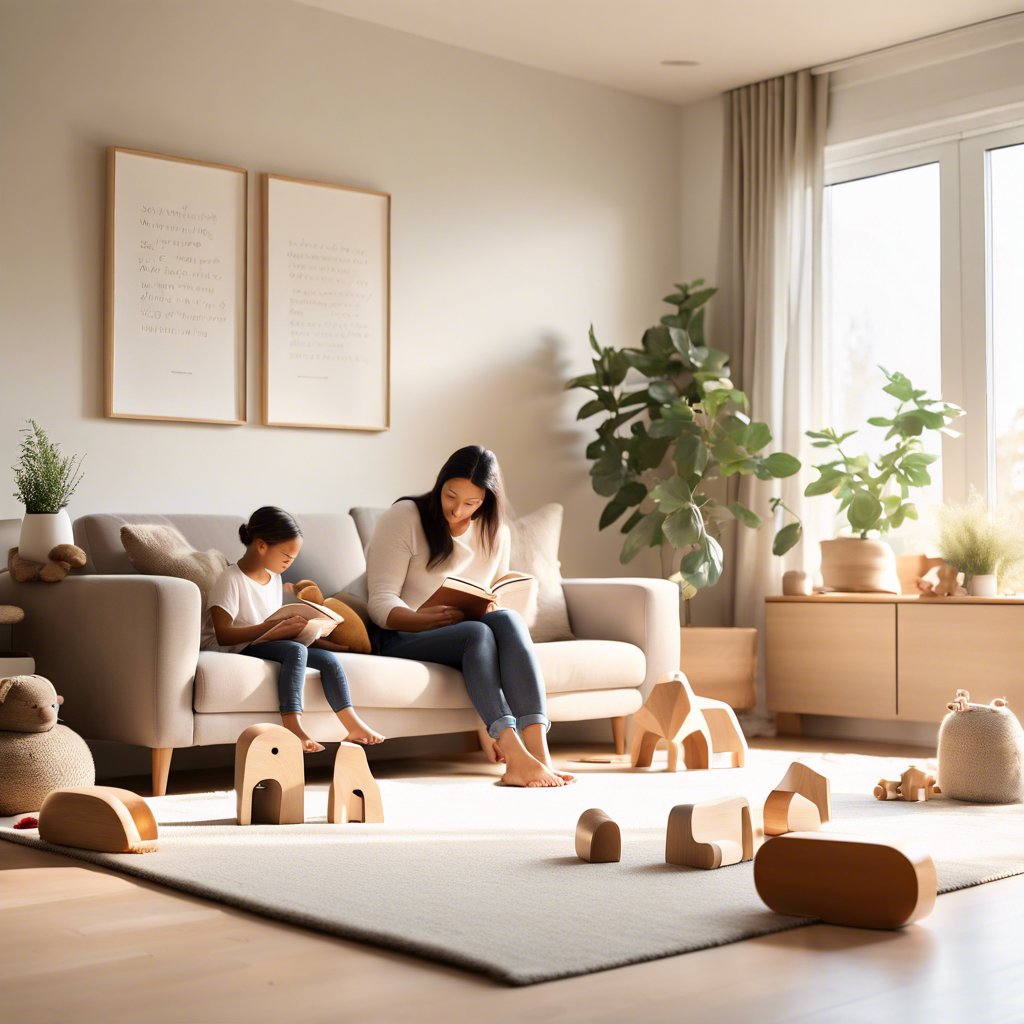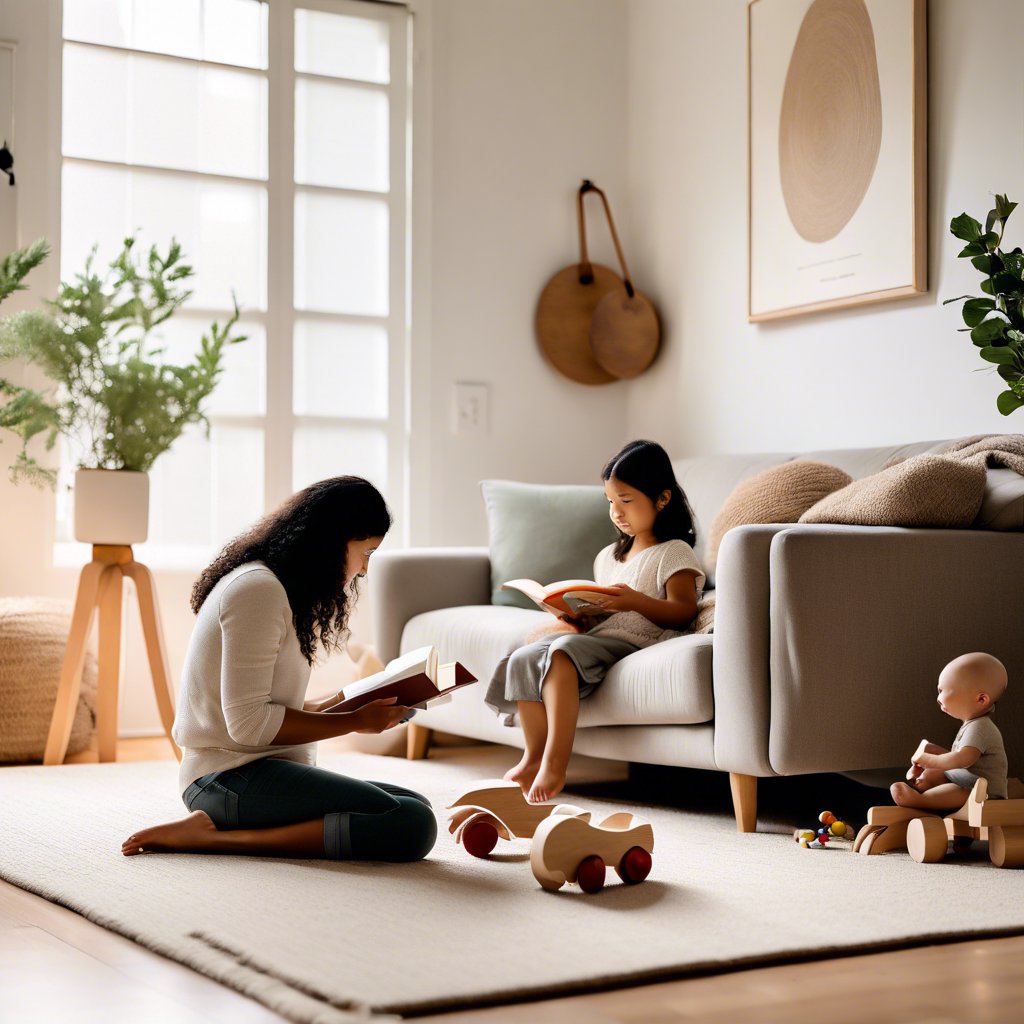Understanding Minimalist Parenting

In a world overflowing with choices and distractions, parents often feel overwhelmed by the pressure to provide the best for their children. Enter minimalist parenting, a philosophy that advocates for simplicity and intentionality in child-rearing. This approach emphasizes quality over quantity, encouraging families to focus on what truly matters: relationships, experiences, and emotional well-being.
By stripping away the superfluous, minimalist parenting allows families to cultivate a nurturing environment where children can thrive. Instead of accumulating toys, gadgets, and extracurricular activities, this philosophy promotes the idea of creating meaningful connections and fostering a sense of security in children.
The Key Principles of Minimalist Parenting

Adopting minimalist parenting doesn’t mean you have to abandon all your possessions or live in a bare-bones environment. It’s about being selective and intentional with what you and your family engage in. Here are some key principles to consider:
- Prioritize Experiences Over Things: Invest time in family outings, game nights, and nature walks rather than accumulating a mountain of toys.
- Limit Screen Time: Encourage face-to-face interactions and outdoor play instead of relying on screens for entertainment.
- Embrace Slow Living: Create a pace that allows for reflection and connection, rather than a schedule packed with activities.
- Encourage Independence: Allow children to explore their interests and develop skills on their own, fostering confidence and resilience.
- Declutter Your Space: Regularly assess your belongings and remove what no longer serves a purpose, creating a serene environment for your family.
The Benefits of Minimalist Parenting
Transitioning to a minimalist parenting style can have profound effects on both parents and children. By simplifying your approach, you can foster a more harmonious family life. Some benefits include:
- Reduced Stress: A decluttered space leads to a decluttered mind, allowing parents to focus on what matters most.
- Stronger Bonds: Quality time spent together enhances emotional connections, promoting a supportive family dynamic.
- Enhanced Creativity: Limiting distractions encourages children to think creatively and engage in imaginative play.
- Life Skills Development: Minimalist parenting often involves children in the decluttering process, teaching them valuable lessons about responsibility and organization.




